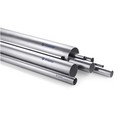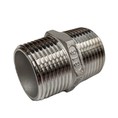1. Gauge of the steel
The gauge of stainless steel refers to its thickness. The lower the gauge number, the thicker the steel. Thicker stainless steel is generally considered more durable and less prone to scratching. Common gauge numbers for kitchen sinks range from 18 to 22. A lower gauge sink (e.g., 18 gauge) will be more resistant to scratches than a higher gauge sink (e.g., 22 gauge).
2. Finish of the sink
3. Usage and maintenance
1. Avoid using abrasive materials or cleaners on the sink''s surface. Opt for non-abrasive cleansers and soft cloths or sponges to clean the sink.
2. Use cutting boards and trivets when placing sharp or heavy objects on the sink. This provides a protective barrier and minimizes the risk of scratches.
3. Regularly clean the sink with a mild detergent and warm water. This helps remove any dirt or debris that could potentially cause scratches.
4. Consider using a sink grid or protective mat. These accessories sit on the bottom of the sink and provide a cushioned surface, reducing the chances of scratching.
1. Will silverware and dishes scratch the sink?
2. Can you remove scratches from a stainless steel sink?
3. Are black stainless steel sinks more prone to scratching?
Black stainless steel sinks, also known as PVD-coated sinks, have a thin layer of black coating applied to the stainless steel. While this coating can provide a sleek and modern look, it may be more susceptible to scratches compared to traditional stainless steel sinks. Therefore, it is essential to handle black stainless steel sinks with care and avoid using abrasive cleaners or materials.




